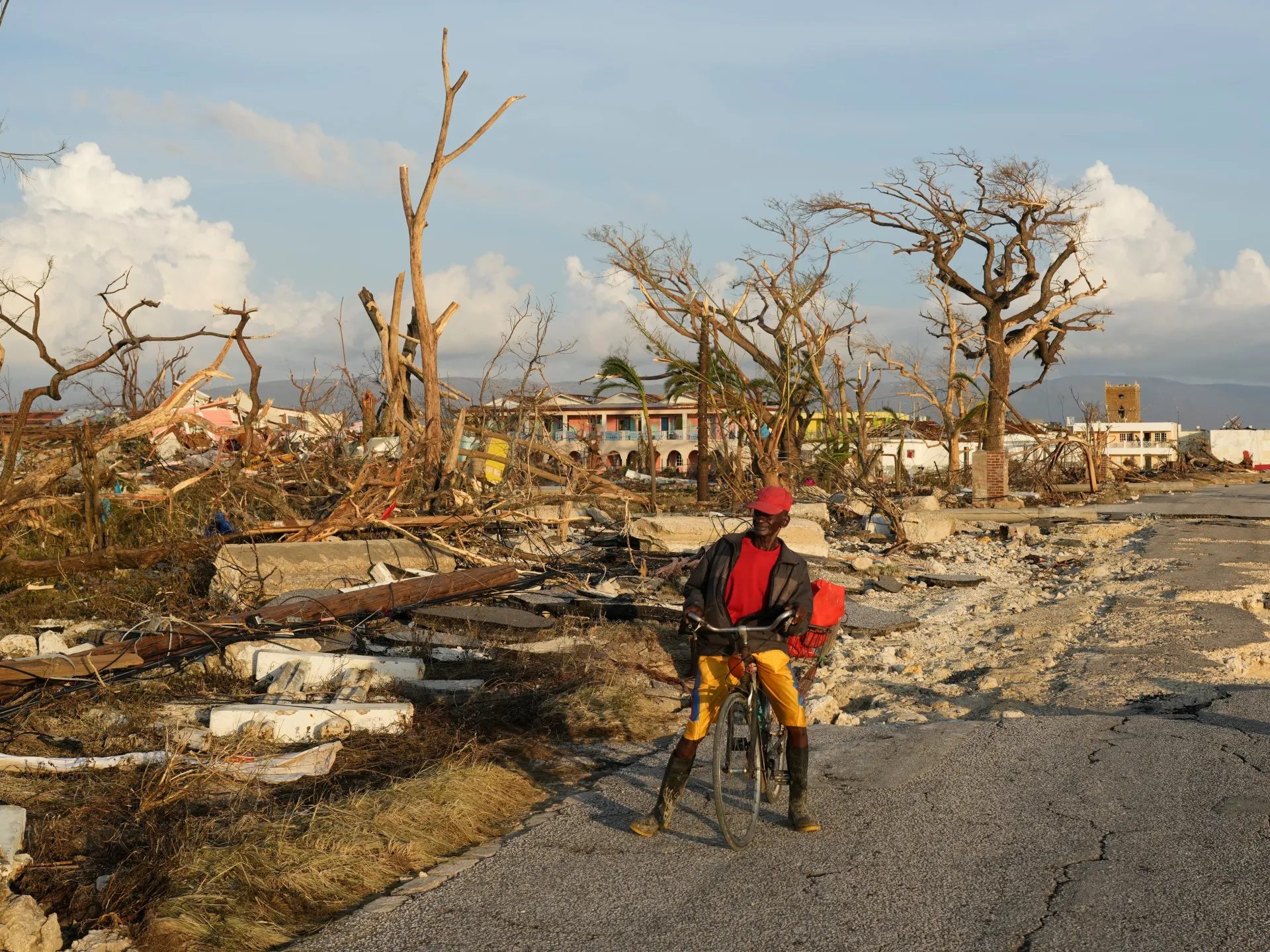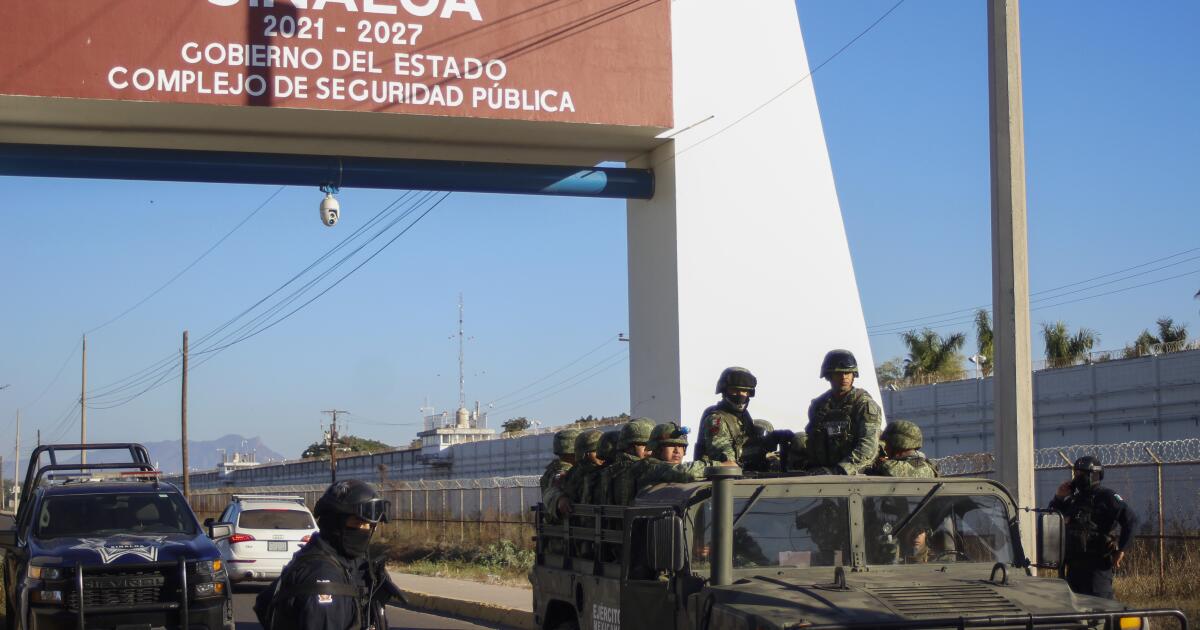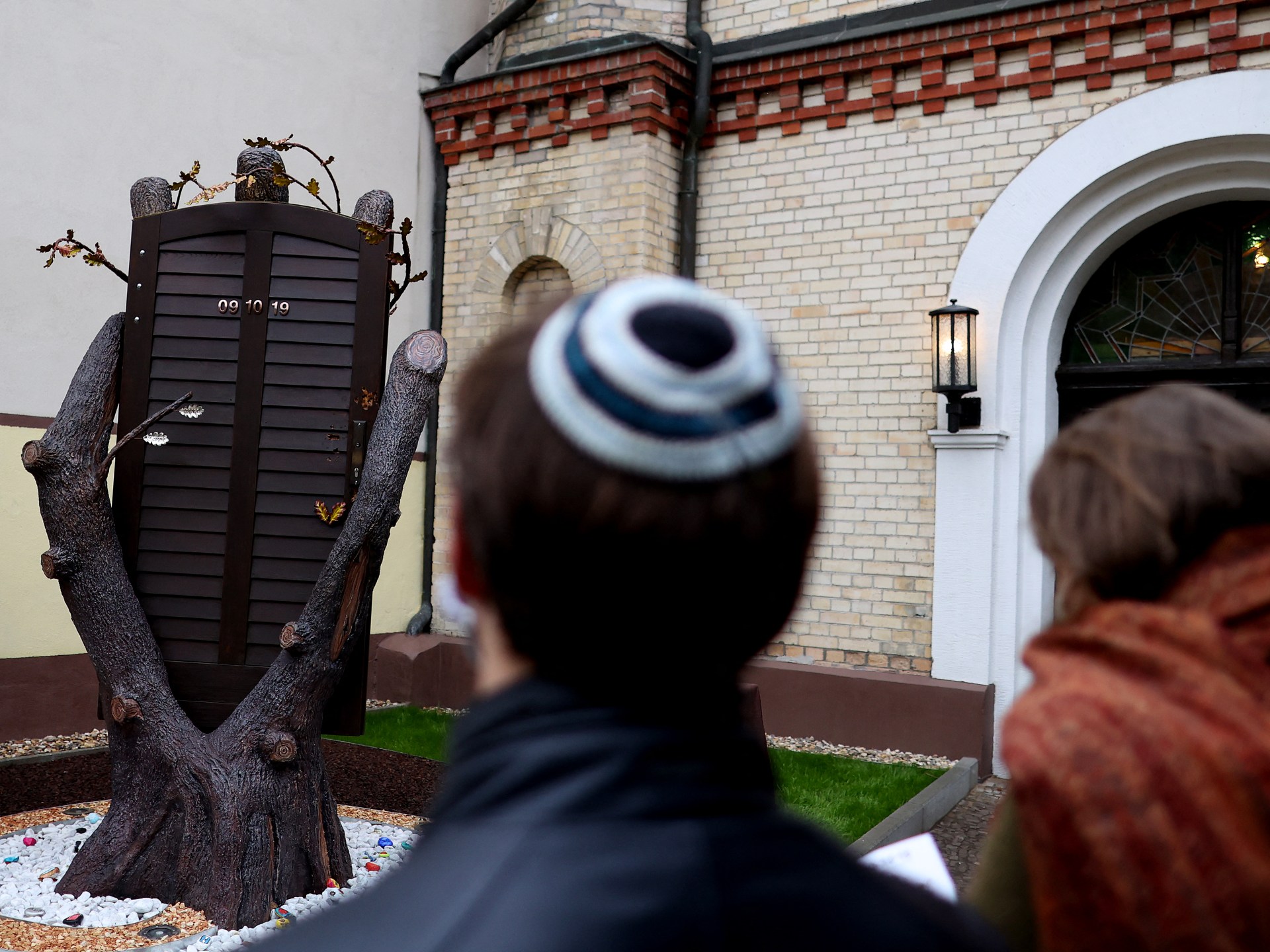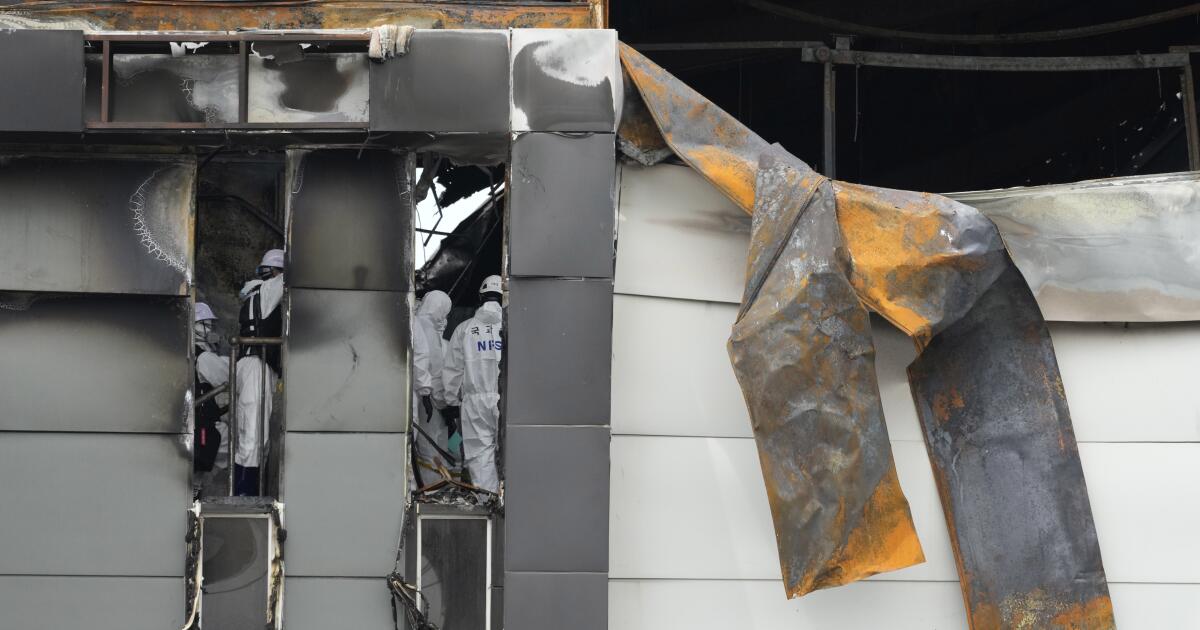Hurricane Melissa is finally leaving the Caribbean after battering communities in Jamaica, Haiti and Cuba for days, leaving a trail of devastation that killed about 50 people.
The hurricane hit Jamaica with enormous force on Tuesday as a Category 5 storm, and residents assessed their losses and the long road to recovery on Friday.
Recommended stories
list of 4 itemsend of list
More than 60 percent of Jamaica remains without electricity and almost half of its water systems are offline.
In the historic coastal town of Black River in southwestern Jamaica, up to 90 percent of all structures were left roofless, while the storm also snapped power lines and toppled concrete structures.
“People are hungry,” Monique Powell said as she guarded a stash of groceries and household items for herself and a group of residents of Greenfield, one of many hurricane-ravaged communities outside Black River.
“It's all over,” Michelle Barnes said as she and her 13-year-old daughter got their share of donations from local food establishments that were giving away their produce, many of which had become soggy and damaged.
The storm, one of the most powerful ever recorded, was four times more likely due to human-caused climate change, according to a study by Imperial College London.
Trail of deaths
Jamaica's Information Minister Dana Morris Dixon said in a briefing that authorities had “fairly credible” reports of possible five additional deaths, but had not yet been able to confirm them.
“We still have 19 confirmed, but we hope that changes today,” he said.
In nearby Haiti, authorities reported at least 31 people dead and another 21 missing, mainly in the country's southern region. More than 15,800 people also remained in shelters.
As of Friday, no deaths had been reported in Cuba, where civil defense evacuated more than 735,000 people in the eastern part of the island and where dangerous flooding continued in some areas on Friday.
Disaster bonds and climate finance
Although the full cost of Jamaica's recovery is not yet known, the Caribbean country has allocated money for disaster response, including through a unique catastrophe bond agreement with the World Bank.
Dixon said the bond, issued in 2024, provides Jamaica with $150 million in financial protection over four hurricane seasons.
“This bond, which provides payments in the event of natural disasters through 2027, was activated by Hurricane Melissa,” he said Friday.
jamaica is among many countries calling on rich nations to increase climate finance to help cover the costs of climate-induced disasters.
Meanwhile, Jamaica's Minister of Science, Energy and Technology, Andrew Wheatley, said the country “deeply appreciates the outpouring of global support” behind Melissa, but urged potential donors to be wary of scams and use the official government portal to donate.
Cuba rescues residents stranded by floods
Cuba was working Friday to rescue residents still stranded by unprecedented flooding after Melissa.
The Cauto River overflowed its banks shortly after the hurricane hit Cuba as a dangerous Category 3 hurricane, causing more than 15 inches (380 mm) of rain in some areas on the eastern end of the island.
On Friday, emergency workers swam in waist-high wetsuits and used boats and military vehicles to rescue residents from the still-rising waters of the country's longest river.
Eduardo Verdecia, 83, a resident of Río Cauto, said he and his family had expected the river to recede, but continued rain, plus runoff from nearby mountains and a rapidly growing reservoir, had surprised them.
“When night fell, we thought it would go down. But look at it now, and it's still raining,” Verdecia said, indicating the brown water that had flooded her house to almost roof level.












